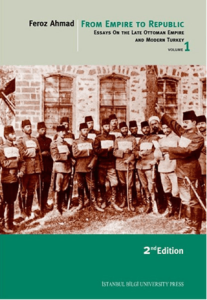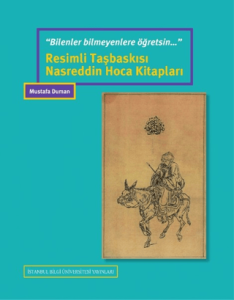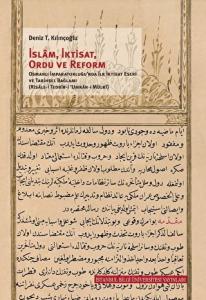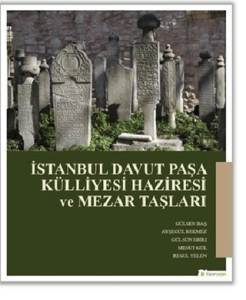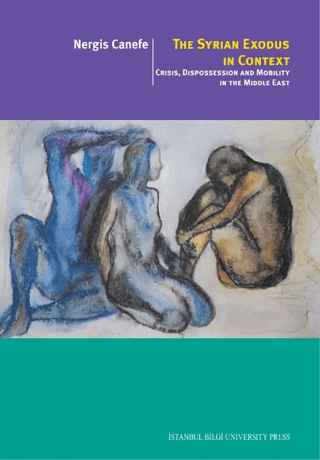
This book examines the Syrian crisis and exodus by focusing on the experiences of the dispossessed rather than the recipient states. Reintegration and resettlement after situations of mass displacement are generally long-term, multi-faceted and complex processes. Whether we are talking about acceptance in a new society as refugees, migrants, and guest workers, or returning home to postconflict situations, each scenario involves both specific physical challenges and difficult encounters with broader political communities. The debate presented here on precarity and statelessness in terms of systemic denial of access to rights, or, their selective attribution to Syrians on the move, allows us to reconsider the Syrian exodus in a new framework that links forced migration, labour studies, citizenship and rights debates rather than isolating the refugee experience.
This book examines the Syrian crisis and exodus by focusing on the experiences of the dispossessed rather than the recipient states. Reintegration and resettlement after situations of mass displacement are generally long-term, multi-faceted and complex processes. Whether we are talking about acceptance in a new society as refugees, migrants, and guest workers, or returning home to postconflict situations, each scenario involves both specific physical challenges and difficult encounters with broader political communities. The debate presented here on precarity and statelessness in terms of systemic denial of access to rights, or, their selective attribution to Syrians on the move, allows us to reconsider the Syrian exodus in a new framework that links forced migration, labour studies, citizenship and rights debates rather than isolating the refugee experience.



